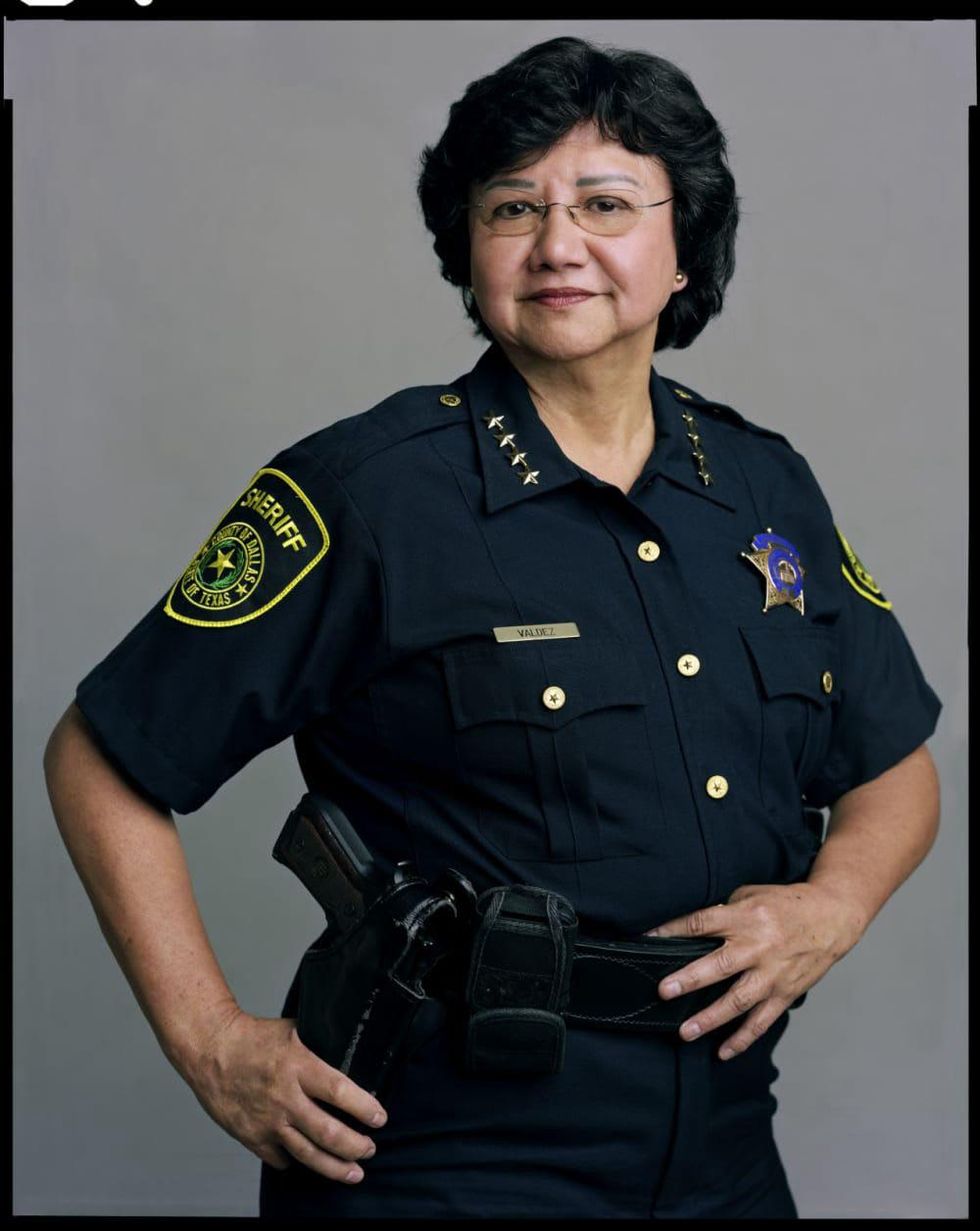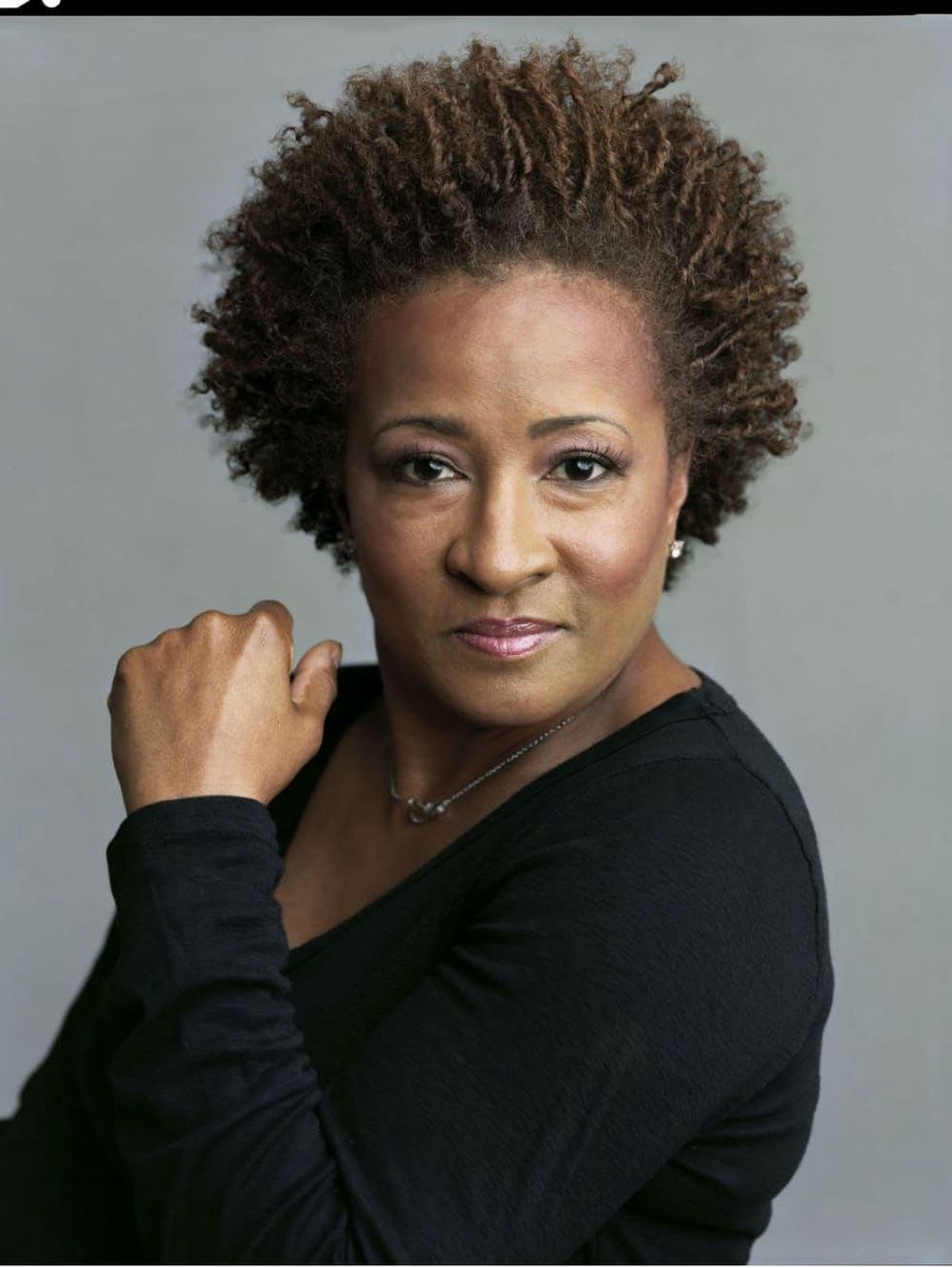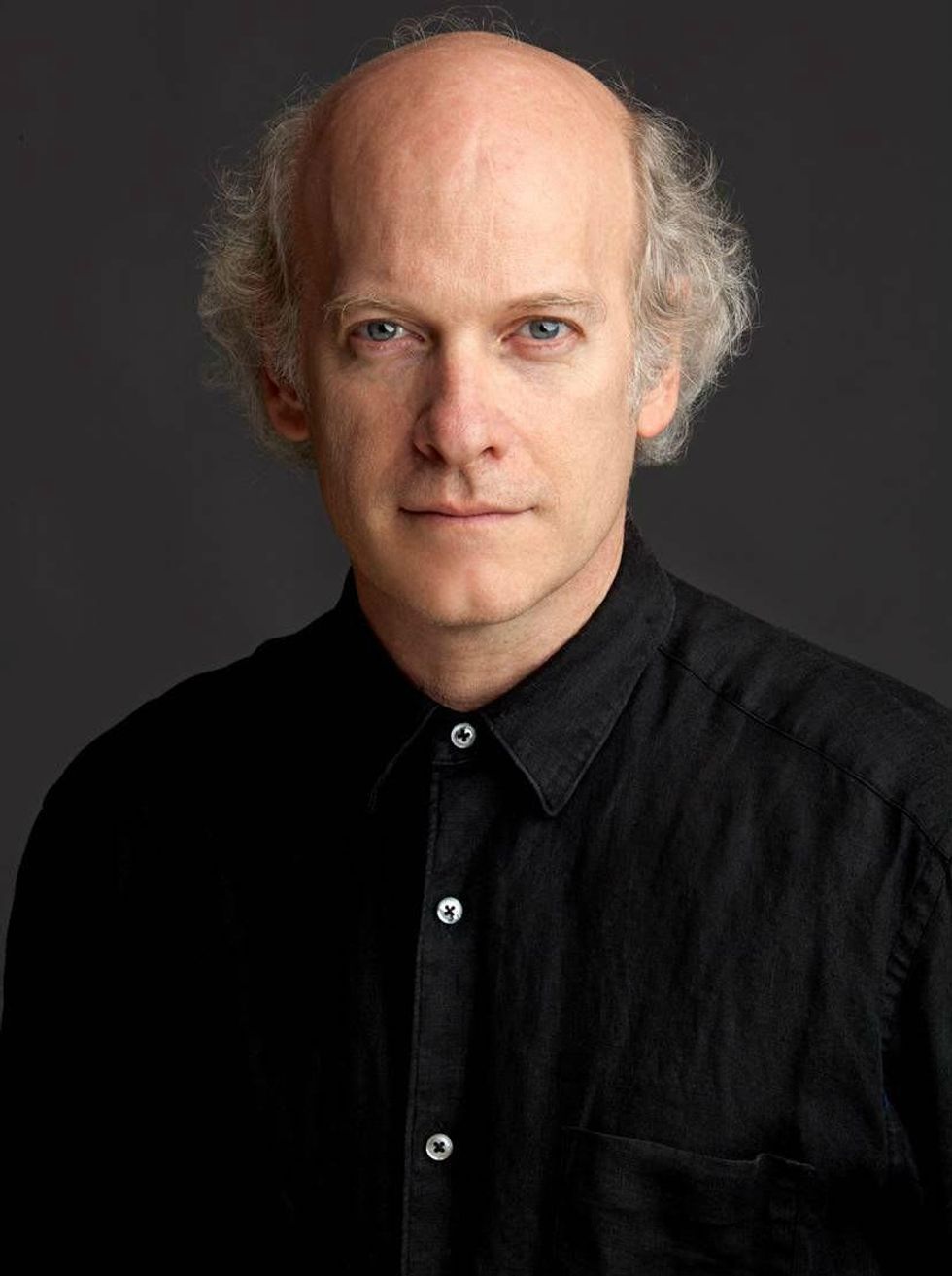Out and Proud
The Out List director on gay rights and Dallas sheriff Lupe Valdez
The number of out-and-proud gay people in the United States has proliferated in the 21st century, so it's no longer a surprise when a prominent person comes out of the closet or a television show features a gay character.
But, as the fight over same-sex marriage proves, those in the lesbian, gay, bisexual and transgender community still don't enjoy the same civil rights as heterosexuals.
That's part of the reason why director Timothy Greenfield-Sanders made The Out List, an HBO documentary about the diverse gay community in America. Dallas County sheriff Lupe Valdez is one of the stars of the film and the reason for a private screening at Angelika Film Center Dallas on June 13.
Black Tie Dinner is hosting the exclusive Dallas screening, which includes a discussion with Valdez, Greenfield-Sanders, and producers Catherine Pino and Ingrid Duran.
The film features interviews with a broad cross-section of people from the LGBT community, including celebrities such as Neil Patrick Harris, athlete Wade Davis and unknowns like teacher Wazina Zondon.
This is not Greenfield-Sanders' first attempt at tackling a minority group's opinions on their place in the world. He's previously made three different versions of The Black List and two volumes of The Latino List. Plans for The Women List and possibly The Boomer List (about the baby boomers generation) are in the works.
We recently chatted with Greenfield-Sanders to discuss the film, gay rights and why he chose Valdez.
CultureMap: How did you decide whom to approach and ultimately use in the final version?
Greenfield-Sanders: The hardest thing is to pick 16 people that really give a cross-section of this community. You try and have a balance of men and women, bisexual, transgender to deal with. You try to have a range of professions; you don’t want everyone to be a famous movie star. To find people who are relatively less known, like Lupe Valdez, who is wonderful, or Twiggy Pucci Garcon. Around 15 or 16 is an hour. It gives you just enough time to have three to four minutes with each person.
CM: How tough is it to make sure everyone in the LGBT community is satisfied with a piece like this?
GS: It’s impossible; I’m never going to satisfy everyone. But I think it’s a beautiful film that addresses many of the most important issues around right now.
CM: Who would you have liked to be in the film that you either couldn’t get or didn’t make the cut for some reason?
GS: We really wanted Ricky Martin, and he wanted to do it, but he was on Broadway and couldn’t give us the time. By the time he was available, we had finished the film. It would’ve been good because it’s another Latino voice, it’s kind of a fascinating story and he’s very well-liked.
CM: Of obvious interest here in Dallas is your inclusion of sheriff Lupe Valdez. What specifically made you want to interview her?
GS: So many things. First of all, she’s an amazing person; we loved meeting her. The struggle that she has gone through — it’s an incredible life story. I think she’s come to terms with who she is as a woman and a lesbian and a Latina. She’s just an incredible, exciting person.
CM: How close do you think we are until a film like this becomes unnecessary?
GS: It’s kind of what [writer/director] Dustin Lance Black said. I’m paraphrasing, but he said, "I can’t wait for the day when we don’t need to be fighting for our rights anymore." And I think that’s everyone’s wish, that equality is so important that [we] get to a day that we can worry about other things.
At this point, a film like this is still very important. Like Neil Patrick Harris said, a lot of people don’t know as many gay people as we do in New York or on the West Coast, so living in Middle America, you meet gay people on television. Television has been very valuable in that sense, because it’s made people understand other people.
CM: I was glad you included R. Clarke Cooper, the Log Cabin Republican, because it’s not a perspective people hear all the time.
GS: Personally, I think it’s kind of a Stockholm Syndrome, to be in an organization that really doesn’t like you, that works against you; it’s kind of amazing to me. It was interesting to meet him and to kind of understand, from his perspective, that he feels closer to Republicans politically, with the exception of their attitudes on gays.
---
The Out List premieres June 27 on HBO.




